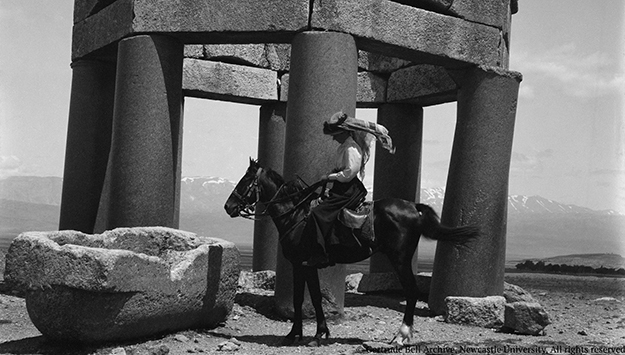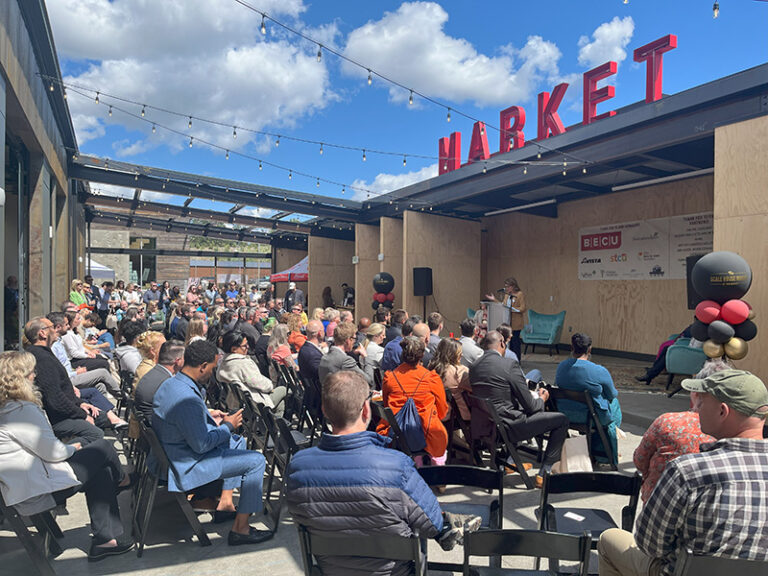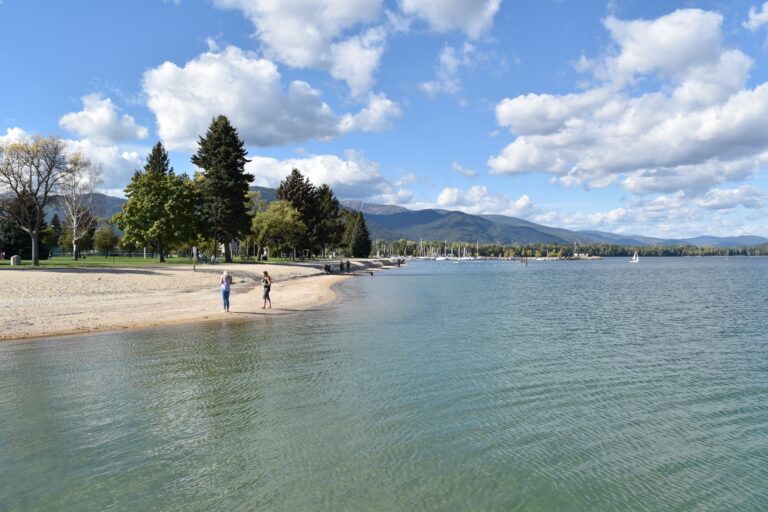Before we had Red Bull sponsorship and Title Nine, before women wore pants or even had the vote, Gertrude Bell was riding camels through Arabia and giving T.H. Lawrence pointers. And when she wasn’t doing that, she was schlepping frozen ropes up the Alps. In her underwear (because she put a skirt back on as soon as she descended). Between cigarette puffs, she explained the geographical, archeological, and political significance of what is modern day Iraq to the likes of Winston Churchill.
There is a kind of pioneering that our planet no longer supports. Our lands have been discovered. Our lines drawn in the sand, across the seas, and in no-fly zones. Our frontiers are no longer terrestrial. There is, one might argue, a kind of badassery that is, if not already having done so, going extinct.
If you’re not sure about this, read some old whaling books. Or “Endurance.” What softness has overtaken the human body and mind that we now succumb to fear and frostbite? And how, when we were far leaner back then, did we float so well?
The articles we read today about the incredible achievements of our athletes and outdoors people are inspirational and edgy, not to mention well-photographed. There are people out there doing arguably insane things (I’m looking at you, Alex Honnold, Courtney Dauwalter). They drink electrolytes, wear moisture-wicking tops, get massages, and probably don’t incessantly smoke hand-rolled cigarettes.
To be humbled by the power of those who pioneered before us, one must merely pick up the biography of one of them. I suggest starting with Ms. Gertrude Bell.
Born into a wealthy UK family who had hopes for her advantageous marriage, Ms. Bell pursued the usual fare of society (poetry, French, needlework) and then demanded an education. This is, of course, dangerous, for it exposed her to a world of possibilities, and she had the cash to pursue them. Which she promptly did when her parents forced her to break off an engagement to someone beneath her status.
As any of us knows, the mountains or the desert are a fine place to heal from heartache. Traveling to the Alps as a rookie and setting at least 10 new routes and first ascents, having the Gertrudspitze subsequently named after her, and spending 48 hours dangling on a rope in a snow and rain storm with her two guides on the Finsteraahorn in the Bernese Alps— this is what Gertrude did for fun on summer holidays and whatnot in the years 1899 to 1905. She was 31 on her first climb.
Having grown bored with those near-death experiences, she traveled Persia, learned Arabian, translated Sufi poetry, and decided to become an archeologist, as she was captivated by the ruins in Arabia. She bought camels, had dinner with Bedouins and sheiks, made maps, supported Britain in WWI as rather a sand-covered spy, and never once in her diaries complains about sores despite thousands of miles in a saddle. Which she refused to ride sideways, having a tailor make her a split skirt because she was still somehow ever-the-lady.

Her athletic endeavors were just an afterthought, a way for her to see and experience the things she desired. She wanted to understand the people, and thus needed to learn their languages and then their problems. In her untethered pursuit of a goal (like a five-month camel-lap through violent deserts and mountains, sand storms, bitter winters, Druze and Bedouin raids, thieves, threats), she consumed information and dedicated herself to learning a horizon of things inconceivable to the modern mind. And she brought her body along for the windswept, sand-scraped, snow-battered ride.
Reading her accounts of conquests and discoveries, one feels not only a sense of awe, but of grief. These places and these means of discovering them are no longer available to us. There are routes to attempt and peaks to bag and miles to run, but this world is too docile for the likes of those former heroes. And while we may be disheartened to think of that reality, we can also be inspired to explore our own limitations and capabilities.
The landscape of the frontier has seemingly changed. There are places and ways in which we can no longer voyage. The questions these histories incite are of what other possible ways we can expand ourselves as individuals to change the lens through which we experience the world. What new frontiers would become available to us then? If we spoke more languages, understood more cultures, deciphered ancient poems? (This author suspects the trend in psilocybin consumption may be a cognitive, if not spiritual, attempt at just this conundrum of frontiers.)
What is gained then from such perusal of pages is not just a marveling at the strength and fortitude of the human body, but also at the incredible power of curiosity and learning.
Maybe we can do far, far more than we believe. And maybe skirts are more functional than we think. //
Ammi Midstokke’s new book “All the Things” is available at local bookstores. She is a regular contributor to Out There, and you can find all of her past articles at Outthereoutdoors.com.













